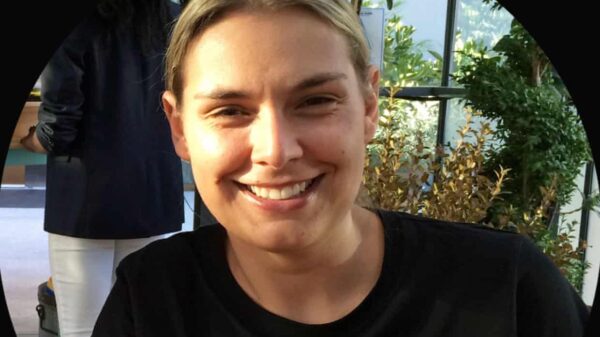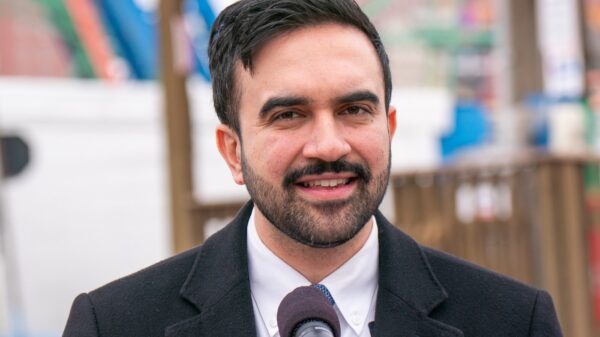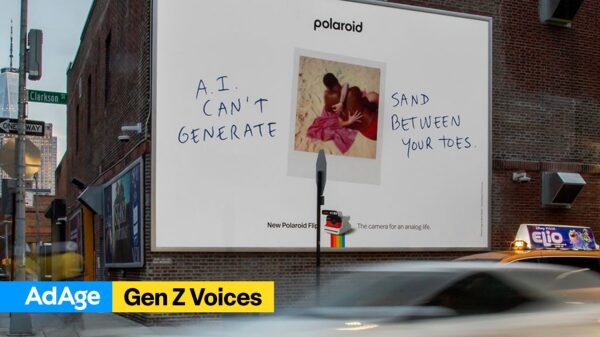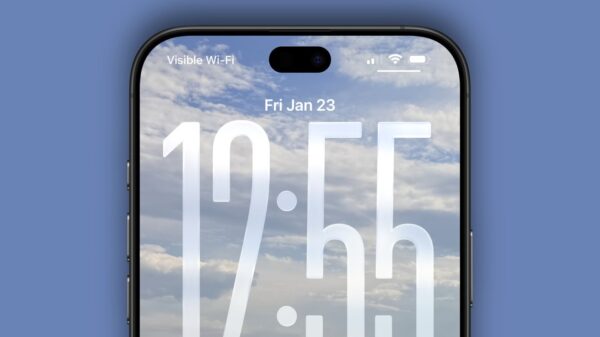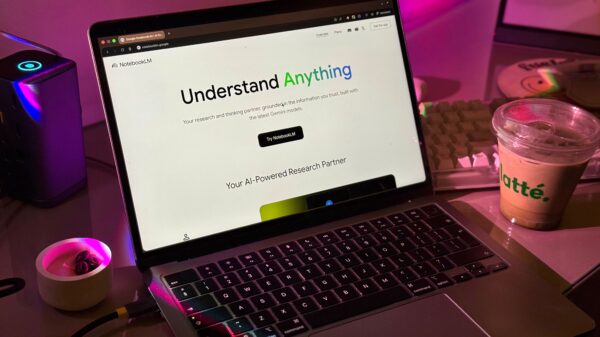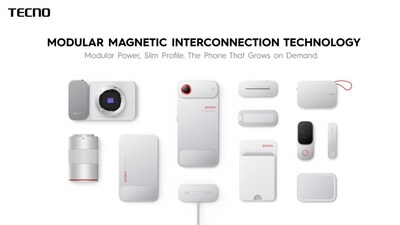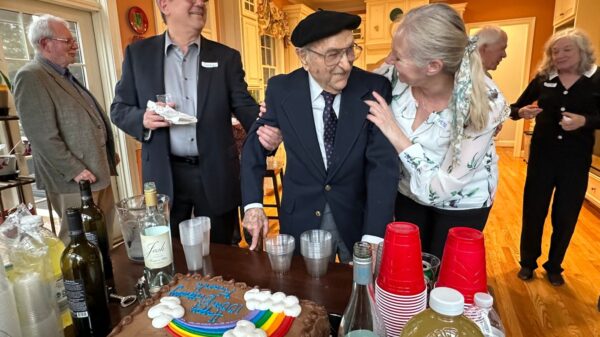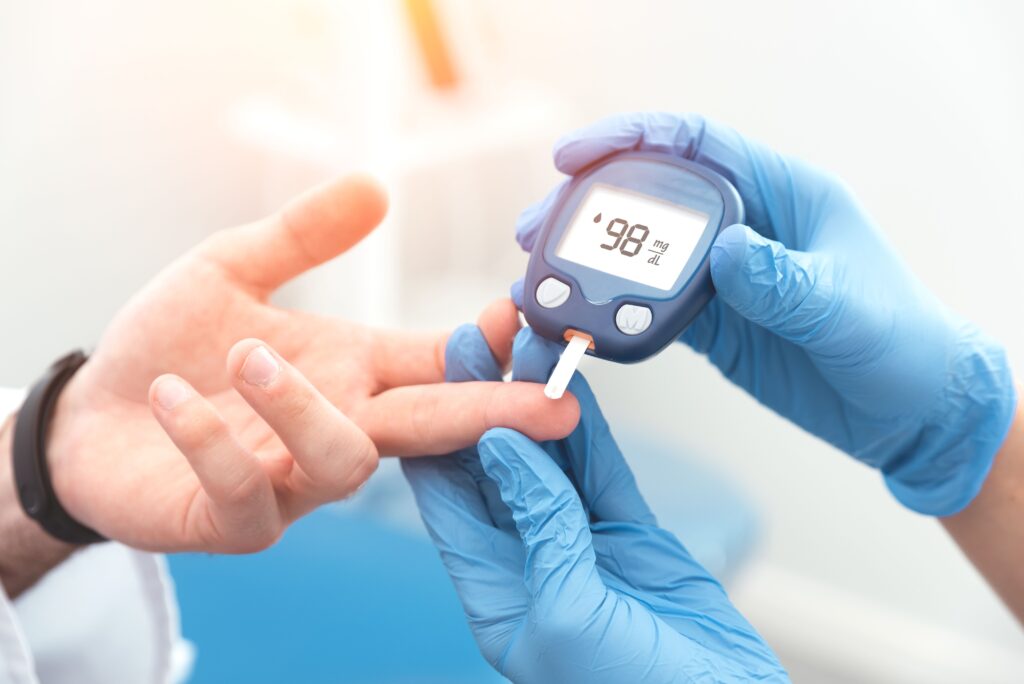A recent clinical trial has revealed that Eli Lilly’s once-weekly insulin, efsitoria, offers comparable glycemic control to the traditional daily insulin glargine for patients with type 2 diabetes who have not previously received insulin therapy. This finding could significantly simplify the initiation of insulin treatment for these patients, potentially transforming diabetes management practices.
The results from the QWINT-1 trial, published in the New England Journal of Medicine, indicate that efsitora demonstrates noninferiority to daily glargine in reducing glycated hemoglobin (HbA1c) levels over a period of 52 weeks. The trial involved 795 participants across 71 sites in Argentina, Mexico, and the United States. Notably, the study showed that a large proportion of participants (76%) maintained one of four fixed doses throughout the trial, achieving comparable glycemic control with fewer adjustments needed.
Clinical Trial Insights
The QWINT-1 trial, a Phase III, parallel-design, open-label study, aimed to evaluate the efficacy and safety of efsitora compared to insulin glargine. The trial included a screening phase, a year-long treatment phase, and a follow-up period for safety assessments. The primary endpoint focused on the change in HbA1c levels from baseline after 52 weeks.
Efsitora effectively reduced HbA1c levels from 8.20% to 7.05%, while glargine similarly reduced levels. Participants using efsitora also experienced a decrease in self-measured fasting blood glucose, averaging approximately 127.7 mg/dL, compared to 126.7 mg/dL for those on glargine. Additionally, the mean total insulin dose was lower for efsitora users at 289.1 U/week, compared to 332.8 U/week for glargine.
The trial’s findings highlighted a lower incidence of clinically significant hypoglycemia with efsitora, occurring at a rate of 0.50 events per participant-year versus 0.88 events for glargine. Adverse events were reported by 59.9% of efsitora patients, slightly lower than the 65.1% seen in the glargine group.
Long-Term Efficacy and Future Implications
In September 2024, Eli Lilly announced initial results from a related study, QWINT-3, which compared efsitora with daily insulin degludec over a 78-week period in patients already on basal insulin. The results from QWINT-3 indicated that efsitora reduced HbA1c by 0.86%, compared to 0.75% for insulin degludec, further supporting the insulin’s efficacy.
Dr. Jeff Emmick, Senior Vice President of Product Development at Eli Lilly, emphasized the potential impact of efsitora on diabetes care, stating, “Once-weekly insulins, like efsitora, have the potential to transform diabetes care as we know it. Many patients are reluctant to start insulin because of the burden it places on them. With a simple fixed-dose regimen, once-weekly efsitora could make it easier for people with diabetes to start and manage insulin therapy, while reducing the impact it has on their day-to-day lives.”
These findings suggest that efsitora may not only improve patient adherence due to its simplified dosing regimen but also reduce the overall burden of insulin therapy. As Eli Lilly prepares for future regulatory submissions, the results from both trials could pave the way for broader real-world adoption of efsitora as an effective treatment option for managing type 2 diabetes.
The promising results of efsitora underscore an important shift in diabetes management strategies, potentially leading to improved patient outcomes and quality of life for those affected by this chronic condition.








